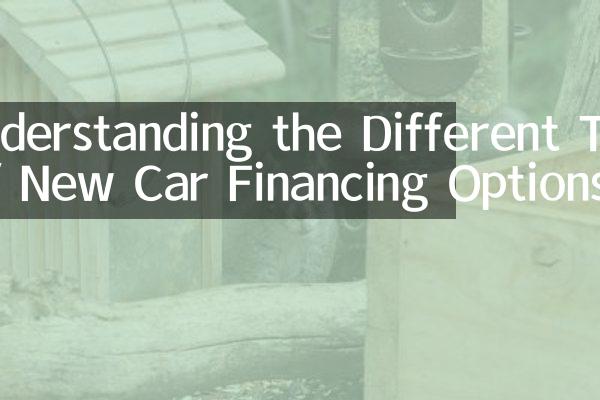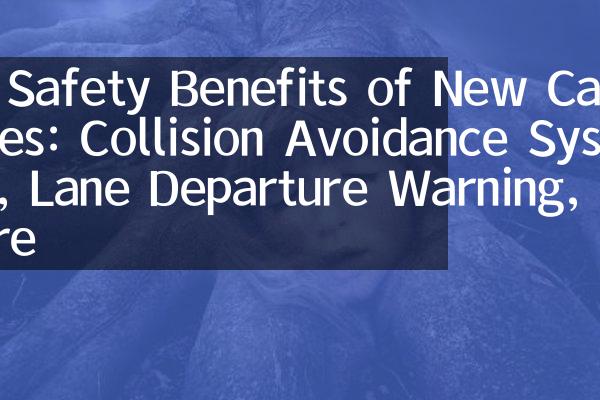Understanding the Consequences of Defaulting on a Car Loan: What You Need to Know
#### Introduction to Defaulting on a Car LoanDefaulting on a car loan is a serious financial issue that can have long-lasting repercussions on your credit s……
#### Introduction to Defaulting on a Car Loan
Defaulting on a car loan is a serious financial issue that can have long-lasting repercussions on your credit score and overall financial health. When you take out a car loan, you enter into a legally binding agreement with your lender to repay the borrowed amount, plus interest, over a specified period. Failure to meet these obligations can lead to default, which occurs when you miss payments for an extended period, typically 30 days or more.
#### The Impact of Defaulting on a Car Loan
The consequences of defaulting on a car loan are far-reaching. Firstly, your credit score will take a significant hit. A lower credit score can affect your ability to secure future loans, credit cards, or even housing. Lenders view a default as a sign of financial irresponsibility, making you a high-risk borrower in their eyes.

Additionally, once you default, your lender may initiate repossession of your vehicle. This means they have the right to reclaim the car, leaving you without transportation and potentially leading to further financial strain. Repossession can also add additional fees to your outstanding balance, making it even harder to recover financially.
#### Understanding the Repossession Process
If you find yourself in a situation where you are defaulting on a car loan, it's essential to understand the repossession process. Lenders typically have the legal right to repossess your vehicle if you miss payments. They can do this without a court order, as long as they do not breach the peace during the repossession process.
Once your car is repossessed, the lender will usually sell it at auction to recover the remaining balance on your loan. If the sale price is lower than what you owe, you may still be responsible for paying the difference, known as a deficiency balance. This can lead to further financial hardship and stress, making it crucial to address any payment issues as soon as possible.

#### Options to Avoid Defaulting on a Car Loan
If you are struggling to make your car loan payments, there are several options available to help you avoid defaulting on a car loan. Firstly, communicate with your lender. Many lenders offer hardship programs or may be willing to work with you to create a more manageable payment plan. This could involve temporarily reducing your payments or extending the loan term.
Another option is to refinance your car loan. This involves taking out a new loan to pay off your existing loan, potentially at a lower interest rate or with better terms. This can help lower your monthly payments and make it easier to stay on track.
#### Conclusion: Taking Action Before Defaulting on a Car Loan

In conclusion, defaulting on a car loan can have severe consequences that affect your financial future. It is crucial to take proactive steps to manage your loan and communicate with your lender if you encounter difficulties. By understanding the implications of defaulting on a car loan and exploring your options, you can work towards a solution that protects your credit and financial stability. Remember, the sooner you act, the better your chances of avoiding the negative impacts associated with defaulting on a car loan.